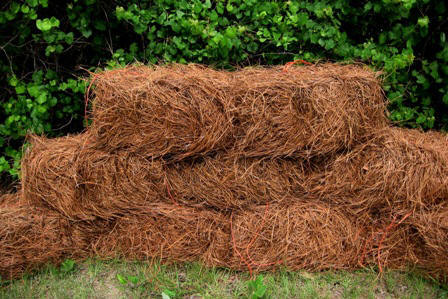
In Ecuador, and a few other Andean countries, we have this concept of a Minga. Minga is originally not even a Spanish word, but a Quechua one, because the idea originates in the indigenous cultures in the mountains. Sometimes it gets translated into Spanish as “faena,” which means “task.” The concept is that sometimes the entire community needs something, so they gather together to do it. Where our culture has taxes and government agencies to take care of things that theoretically will benefit everyone, Quechua culture has the minga: a promise that something will help everyone, and an ask for the work to make it a reality.
When someone first tried to explain una minga to me in English, they said it was a “community work day,” and that’s how I experienced it as I helped a Quechua community paint and pour concrete. But as I began to go back to some of the same communities over and over again and hear people say “We built this missionary training center through the minga,” or “the community all uses this kitchen so we had a minga,” I realized the pride the community took in having worked together, and the way they would smile at the word minga, not thinking back to the work itself, but thinking back to the fellowship they experienced alongside their co-laborers and brothers and sisters in Christ.
This week after spreading pine straw with Soapstone (our spring fundraiser) for days, my body is tired but my soul is encouraged. And my hope is that weeks and months from now, all of us think back not on the tasks that we have done, but in the connections forged throughout our congregation and with our neighbors in North Raleigh; that we would know that work wasn’t just done by our arms and backs and pickup trucks, but in ourselves and our relationships; that our own little minga, through God’s love, makes us his buildings and his fields where his work is done.
